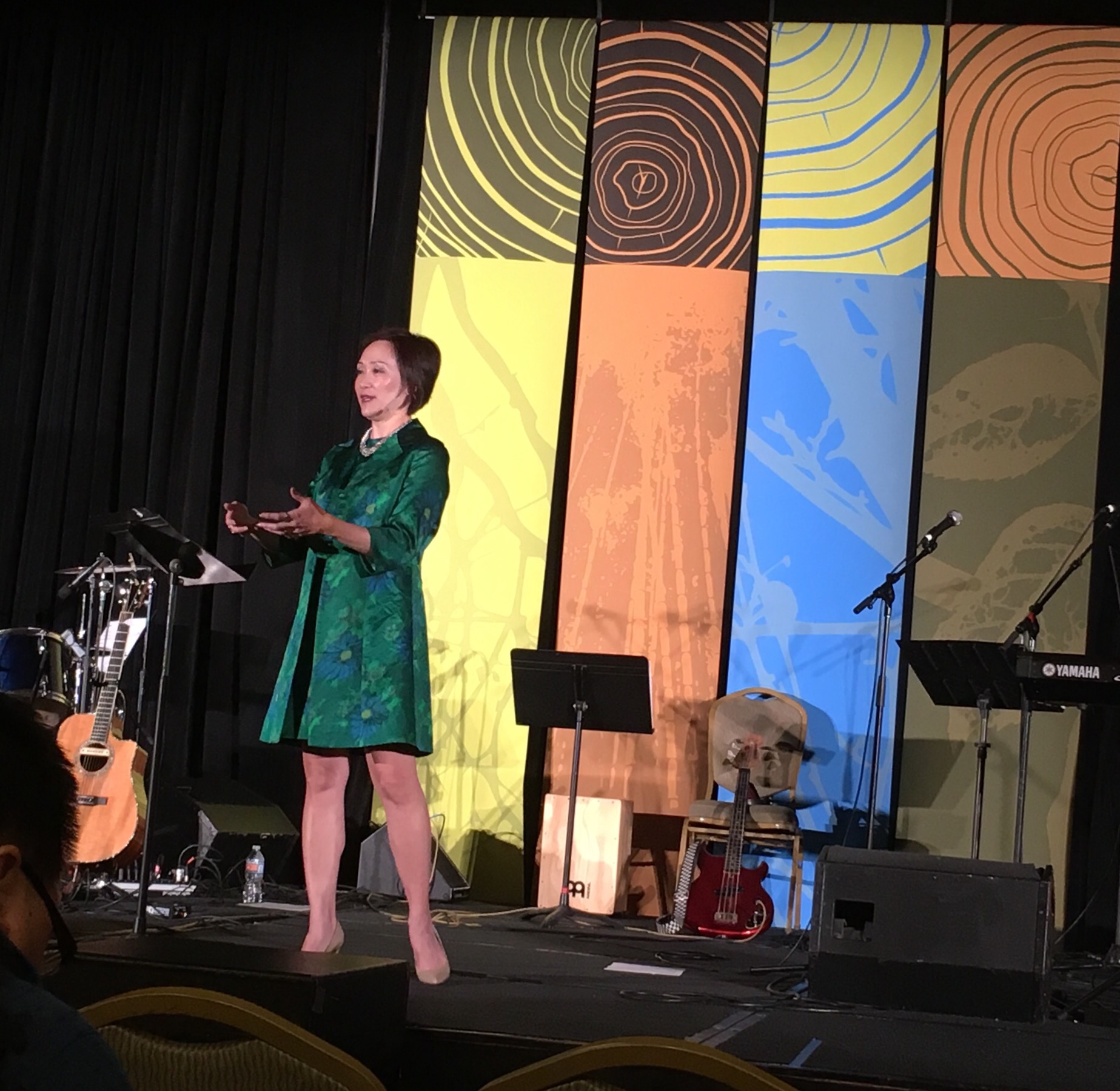She looked tired, but she put on a smile as she greeted our table, apologizing for the delay. We were a party of eight on a busy Friday night. The staff was hustling – the woman and her son.
The woman seated people, went from table to table taking orders, ran to greet carry-out customers, answered the phone to take those orders; she was the mother of the young man who filled our cups with water, cleared the tables, did what needed to be done. On a Friday night.
I found myself periodically distracted from the dinner conversations, watching the woman, watching the son.
My father has often told stories of his job a a bus boy, one of his first jobs after arriving in Chicago with a master’s degree in engineering. I waited tables in college to pay for my books and expenses. Dad talked about bringing home leftovers from the kitchen to share a late-night meal beyond their budget. I remember putting in my tithe into the offering plate – a roll of singles. Our family never owned a restaurant, but watching the mother and son serving us reminded me of my family, my parents – the sacrifices they made out of the love and the gulf between us.
My parents owned a dry cleaners. It was a drop-off – the clothes were taken to a plant where the cleaning was done and returned to our storefront on hangers. The back room where the bagging, tagging, and detail work happened was where my sister and I used lint brushes to make the clothes look as new a possible. We worked when we weren’t in school, went in on weekends when we could. In my faded memory my parents closed the store only twice in the many years they owned that business – one Saturday in 1993 for my wedding and one Saturday in 1995 for my sister’s wedding. They may have closed the store to attend our college graduations, but I don’t remember. I do remember my mom talking with customers, reminding them in the weeks leading up to my wedding that they would be closed on April 24.
My mother’s ability to chit chat in English grew exponentially during those years of handling other people’s dirty laundry. She remembered customers’ names and milestones, their preferences for dress shirts – folded or hangers, starch or no starch, and usual drop-off and pick-up times. The woman at the Chinese restaurant recognized an order from our table as a carry-out regular. One couple in our group often dine in the restaurant, and the woman had memorized their favorites. I watched her son hover to refill our water, and I thought about my sister and I in the backroom listening to our mom make small talk with the steady stream of customers. A spontaneous night out with friends at a Chinese restaurant and suddenly I can’t get my family’s dry cleaning business out of my head.
A customer once asked my mother if she hoped to pass down the family business to her daughters. I couldn’t see my mom but I could hear her polite but insincere smile as she responded, “No. I do this so my daughters will graduate from college and not have to do this.”
We did. My sister and I both graduated from college. Neither of us do the kind of manual labor my parents took on to fund our middle class lives and college education. I can’t speak for my sister, but I have often wondered and grieved over the fact that my U.S.-based college education, my fluent English and broken Korean, my penchant to think in terms of “me” as often as I do “we,” my assimilation into a culture and country where I am forever a foreigner was too costly a price. Make no mistake. I love and deeply respect my parents. They did their best. Their English is better than my Korean. They recently shared that maybe they had been too hard on me, their first-born. They didn’t know how to raise an American child. But as a 48-year-old grown ass woman, I am living the cost of the American Dream, living and breathing the distance and disappointment between us. Good enough sometimes isn’t good enough. Is that ok? Will that be enough?
I think back to the woman and her son and imagine going to the restaurant to share some words of wisdom. I thought I would have some by now.
